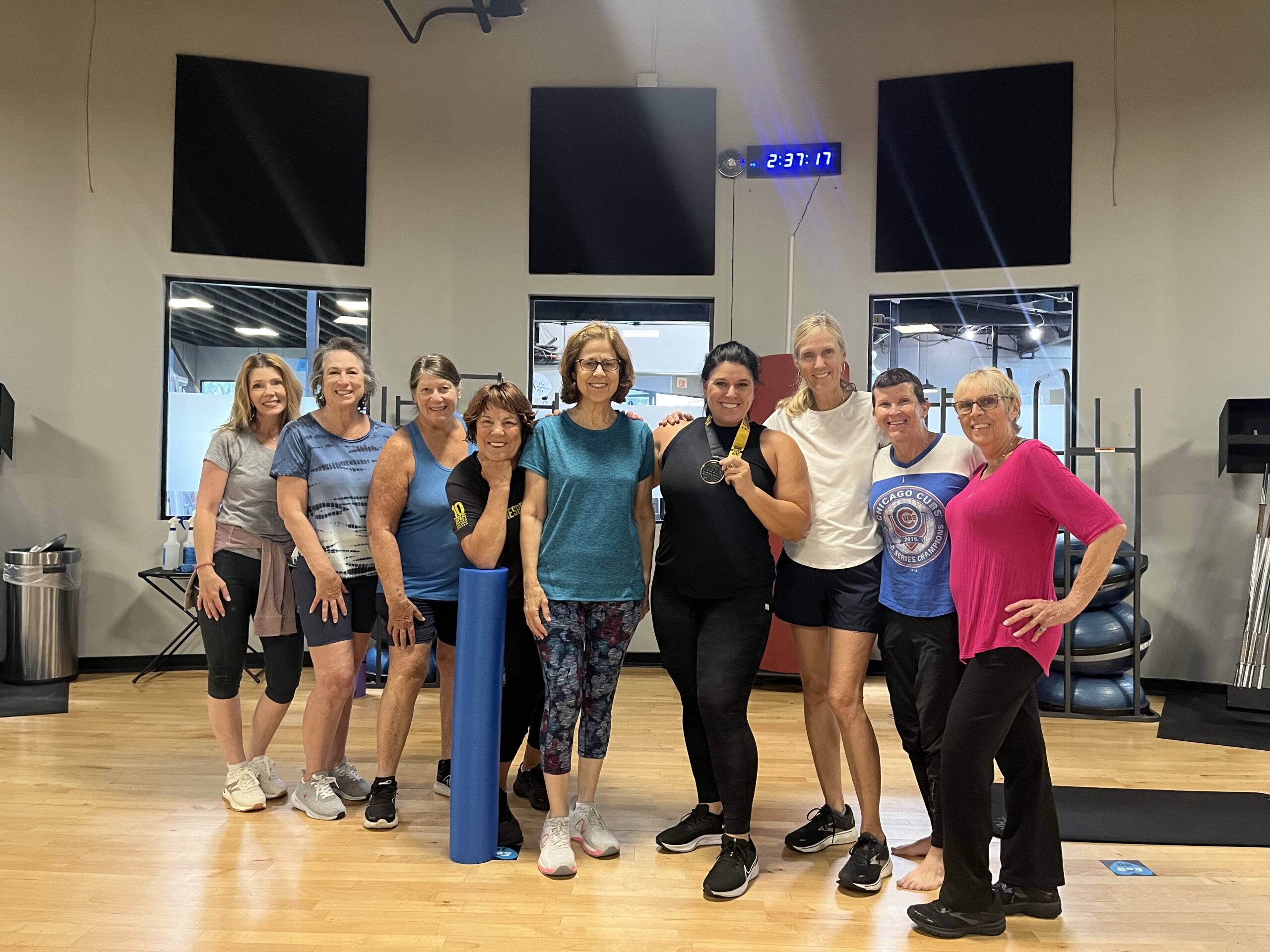
06 Feb Meeting Long-Term Needs of Cancer Survivors
Note: This article originally appeared in Milestones newspaper and is reprinted with permission of Philadelphia Corporation for Aging.
By Beth Goldner, a writer, editor and creative writing instructor.
According to the National Cancer Institute, there are an estimated 15.5 million cancer survivors in the United States. This number is expected to increase to 20.3 million by 2026. Of all cancer patients and cancer survivors, 60% are 65-plus.
With an ever-increasing number of people surviving cancer, and with the majority of those survivors being older adults, survivorship care is an important topic for seniors.
A person is considered a cancer survivor from the time of diagnosis through the trajectory of their illness, or until they die. “The health care system is designed to provide acute care, but cancer survivors need long-term care,” said Susan Klein, doctor of nursing practice and an advanced oncology certified nurse practitioner at California Cancer Associates for Research and Excellence in La Jolla, California. Because of this, the needs of all survivors can be met through survivorship care.
People who survive cancer face a host of long-term physical, psychosocial and spiritual needs. Chemotherapy agents can cause heart problems; depression; anxiety; chronic pain; nervous system problems, such as numbness and weak-ness; and a host of other long-term health issues. Radiation therapy can cause hear-ing loss, memory loss and musculoskeletal issues. People may assume that the challenges faced by cancer patients end once their treatment has been completed. But once treatment ends, the focus shifts to survivorship care and to meet-ing the unique needs of managing health and psychosocial challenges, leading to a better quality of life.
Components of survivorship care
After completing cancer treatment, a survivorship plan is developed. This plan provides a summary of the cancer treatment received and plans for ongoing care, such as schedules for follow-up care, timing of needed testing and recommendations for ongoing care. The goal is to prevent and detect new or recurring cancers, and to address and manage the effects of the cancer and cancer treatment. Survivorship care also involves the coordination of specialists and primary care physicians for all ongoing care.
Psychosocial effects
In addition to the physical long-term effects of cancer and cancer treatment, psychosocial effects are a critical factor that survivorship care addresses.
“Nobody goes through the experience of cancer, cured or not, and comes out the same,” Klein says. Survivorship care helps patients discover their new normal and how they have been fundamentally changed. Survivorship means helping a person find meaning in their cancer experience and reflect on their life.
“Cancer can help people to ‘right’ their lives, like adopting healthy lifestyles,” Klein said.
Health education and the associated resources are part of a survivorship plan, which can include guidance on diet, smoking cessation and referrals to specialists. There are a host of interventions available, such as medications, physical therapy and mind-body wellness pro-grams such as yoga or meditation classes. Exercise is a key health promotion strategy of survivorship. “The only complementary therapy that confers a survival benefit of every cancer patient, at every stage, is exercise,” Klein said.
Part of survivorship is the opportunity to be aware that there are limitations in life and to use this as a springboard to make changes. “For a survivor of a life-limiting illness, there are so many opportunities to fix relationships, to change your legacy and to live with intentionality,” Klein said.
Community perspective
From a community standpoint, survivorship includes helping survivors re-integrate into their life, and simultaneously not allowing the cancer to define them. According to Klein, survivorship is targeted to demystify cancer for the community, pushing us to rethink the language around cancer. “Cancer is still such a feared word,” she said. “But the truth is, more and more people are living with cancer as a chronic illness. We should support senior citizen cancer survivors as a community. Our interactions with people who have had cancer can help us redirect our own lives, too.”
Community awareness about cancer is also important, because, as Klein stated, “people all around you are living with chronic cancer and chronic illness.”
Some patients may have a metastatic cancer, meaning it has spread to new areas of the body, which can never be cured. But, with survivorship care, they can live a very positive life. The ability to provide supportive care has improved dramatically and survivorship care is critical to the long-term health and well-being of cancer survivors.





No Comments